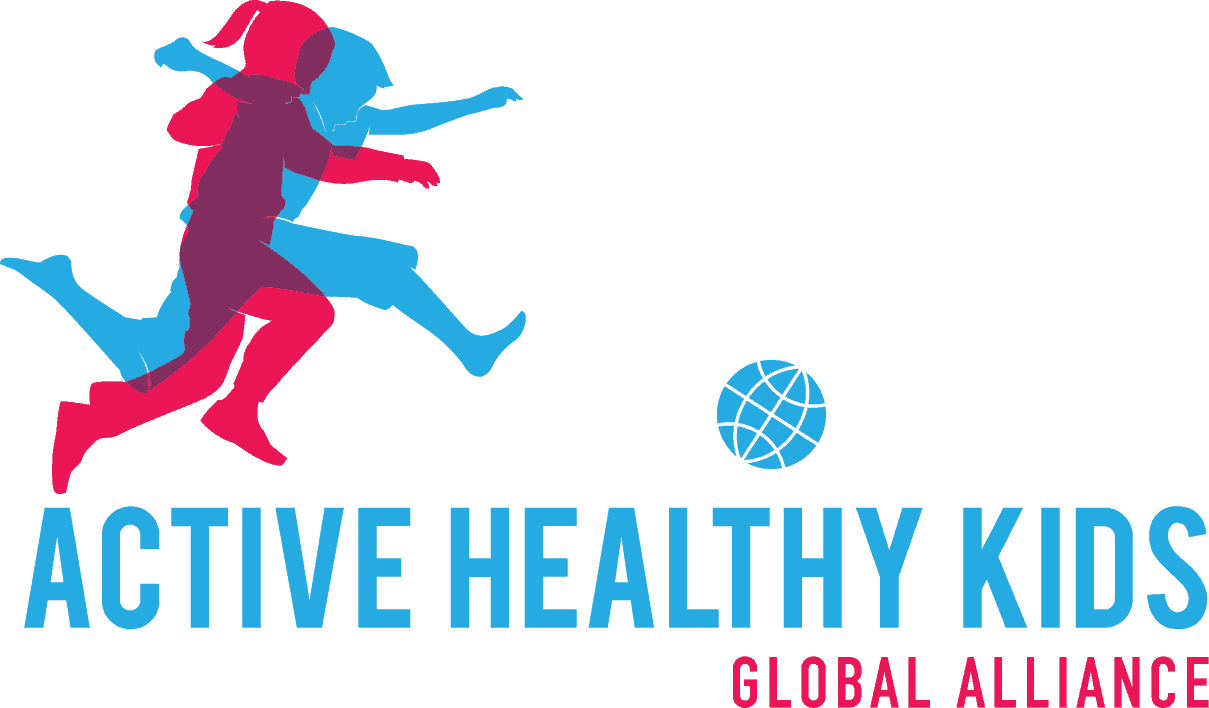The Global Matrix 5.0 on Physical Activity
for Children and Adolescents
To be released in October 2026
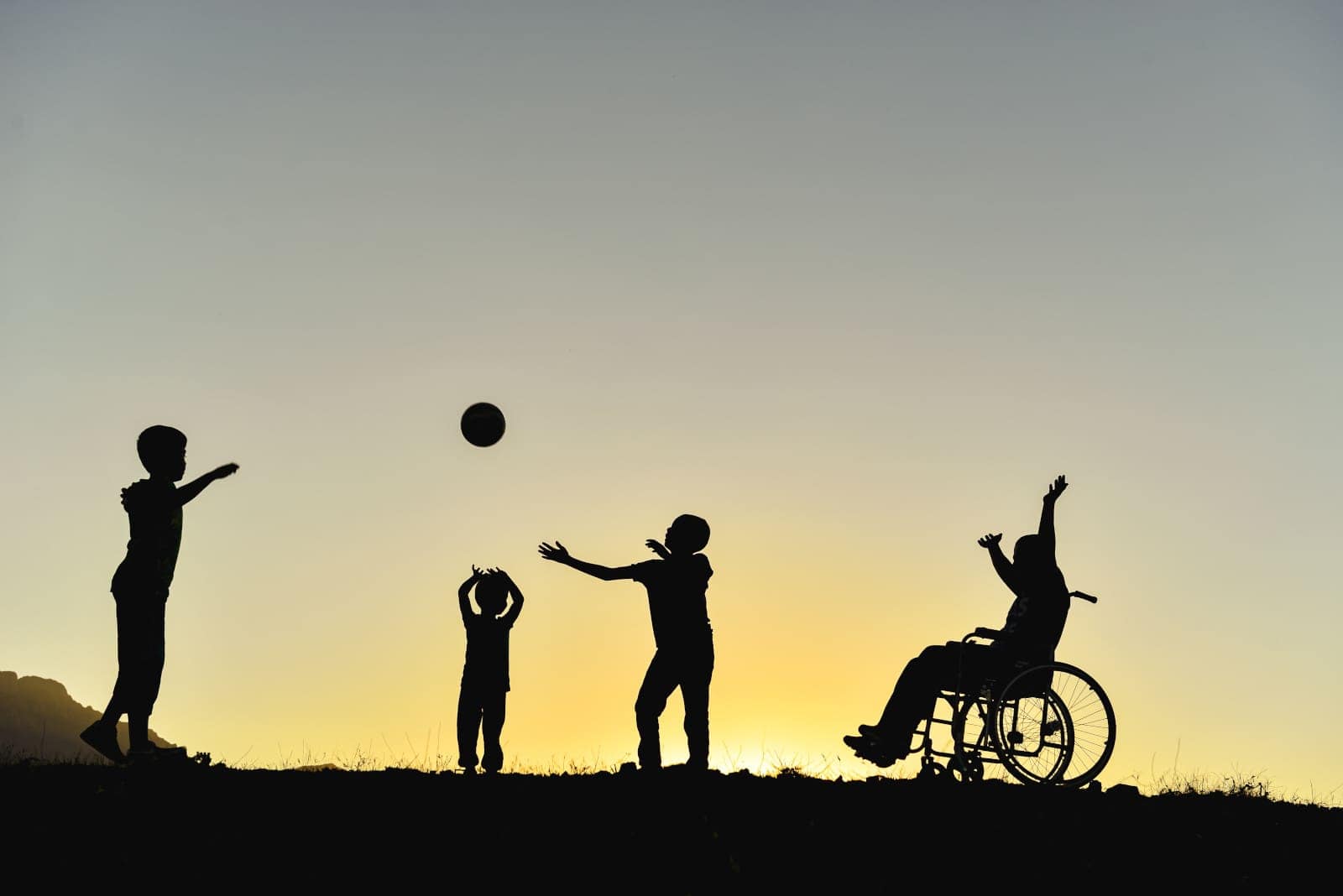
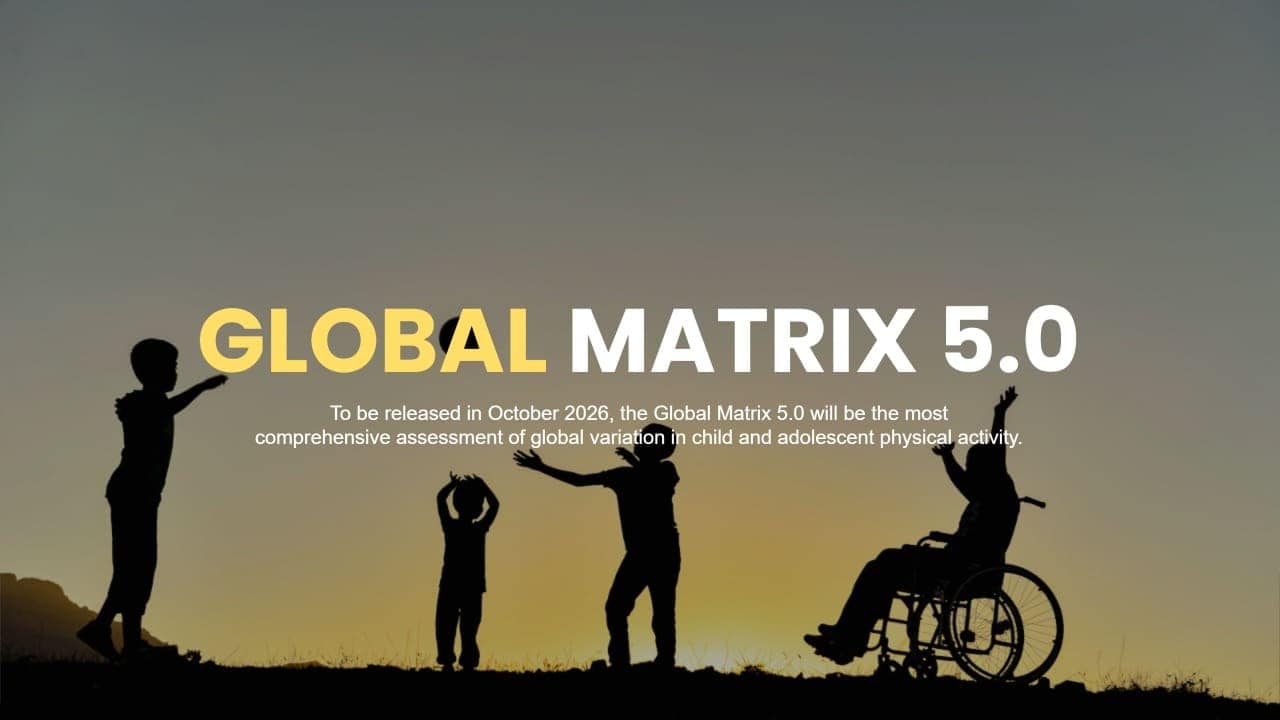
GLOBAL MATRIX 5.0
To be released in October 2026, the Global Matrix 5.0 will be the most
comprehensive assessment of global variation in child and adolescent physical activity.
To be released in October 2026
Countries
Continents
Grades
Advocacy. Regardless of the availability of good-quality data, the Report Card remains a potentially powerful tool for advocacy. Through their participation in the Global Matrix, countries have the opportunity to identify physical activity surveillance gaps, network and build research capacity, promote physical activity among their communities, and advocate for policy change that will facilitate childhood physical activity. Even the lack of good quality data or lack of new data since the release of a previous Report Card is still a relevant and meaningful finding to report. This is particularly true concerning some of the sources of influence indicators (school, community and environment, government). The main message of a Report Card can be to highlight the efforts or the absence of efforts that have been accomplished to tackle the population health issue of children and adolescent physical inactivity or to improve the surveillance within a country.
There have been many success stories related to countries participating in the Global Matrices and developing and releasing Physical Activity Report Cards. For example, there have been several instances of countries establishing new nationally representative physical activity surveillance measures as a result of their participation in the Global Matrices. Additional benefits reported by Report Card country leaders include:
The Global Matrix 5.0 is set to be the largest edition to date and will further contribute to the growing list of positive impacts that can be attributed to the Report Cards and the Global Matrices. A list of success stories related to countries’ participation in the previous Global Matrices has been published and can be accessed here.
Publishing opportunities. The Report Cards and Global Matrices have resulted in the publication of over 200 scholarly articles, which have garnered over 6,000 citations, and over 300 academic presentations presented at various international, national, and local events. Participation in the Global Matrix 5.0 will also come with several presentation and publication opportunities, including individual publications (under the Report Card team\’s responsibility), integrated international publications, and special journal issues (this will be influenced by the availability of funding).
Website presence. Each country will have a Global Matrix 5.0 dedicated country page with all of their information on the AHKGA website. For more details, visit www.activehealthykids.org/participants/. Leaders of the Report Card will have exclusive access to the Member’s Area of the AHKGA website, which contains a collection of resources from current and previous Global Matrices.
Empowerment. Report Card team leaders will be invited to actively participate in setting directions for the Global Matrix 5.0 initiative, including updates to indicators, benchmarks and grading schemes, and deciding upon a publication strategy. Report Card teams will have the opportunity to take an active role in positively influencing the trajectory of childhood physical activity at both the national and international levels. Moreover, the Report Cards have the potential to be the spark that stimulates the growth of childhood physical activity research in countries where such mandates are lacking or absent.
Mentoring and guidance. Report Card teams will receive guidance from the AHKGA Board of Directors as well as from experienced regional leaders for the various geographic regions represented in the Global Matrix. AHKGA support staff will also be available to respond to any concerns and to help guide Report Card teams through the Report Card development process (data synthesis, grading framework, knowledge translation, etc.).
Networking opportunities. Report Card teams participating in the Global Matrix 5.0 will become part of an international network of researchers/physical activity experts from all continents. In the Global Matrix 4.0, the network comprised approximately 700 leaders, researchers, and advocates from 57 countries/jurisdictions, providing excellent networking connections and opportunities to participants. Early career researchers and collaborators will have the opportunity to work closely with high-profile researchers in the field of physical activity and health. Collaboration within each country’s Report Card working group members and between the Report Card leaders/co-leaders and the AHKGA coordinating headquarters (Ottawa, Canada) will provide opportunities for professional connections, partnerships, exchanges and friendships. Additionally, members will have the opportunity to share their institution’s job postings related to the field of active healthy kids with a global audience. If job openings are relevant and welcome international applicants, AHKGA would be pleased to assist members by distributing the information through our communication channels (e.g., newsletter, social media).
Funding support. While the primary responsibility for securing funding rests with the Report Card teams, the AHKGA has a Partnership and Fundraising Committee dedicated to exploring possible sources of funding to support specific research/surveillance projects, potentially offer scholarships/grants to Report Card working groups, and reduce or eliminate registration fees in the future. The AHKGA also supports funding by providing fundraising suggestions and a theoretical framework to aid in the preparation of grant proposals, scholarships, and funding applications. Report Card leaders have been invited to participate in group research/knowledge translation and mobilization proposals related to previous Global Matrices.
Membership fees for participating in the Global Matrix 5.0 include four tiers based on the current World Bank Classifications:
We prefer payment by debit/credit card via PayPal. If PayPal payment is not an available option, consider using a bank wire transfer. Please find below the information to provide to your bank for USD funds transfer to the Active Healthy Kids Global Alliance (AHKGA) account in Canada.
We are excited to announce that the registration for the Global Matrix 5.0 is now open! The sequence below outlines how the development of the Global Matrix 5.0 will proceed:
Only one national Report Card team can register from each country, and we encourage collaboration between researchers/experts from different institutions at the national level. Researchers studying physical activity among children and adolescents with a disability (CAWD) in all participating Global Matrix countries/jurisdictions are welcome to engage with Report Card leaders to unearth, report, interpret, and discuss findings concerning CAWD in Report Cards, as highlighted in this editorial.
Similar to Global Matrix 4.0, AHKGA will allow smaller jurisdictions (e.g., Region of Murcia) within a country (e.g., Spain) to participate in the Global Matrix 5.0 provided the smaller jurisdiction can show that they have the support of the country Report Card and agree to collaborate on the country Report Card as well as the region/jurisdiction Report Card. Please note that the results of the smaller jurisdiction will be included in Global Matrix 5.0 papers but not included in global analyses (to avoid overweighting a particular area).
We prefer payment by debit/credit card via PayPal. If PayPal payment is not an available option, consider using a bank wire transfer. Please find below the information to provide to your bank for USD funds transfer to the Active Healthy Kids Global Alliance (AHKGA) account in Canada.
| BENEFICIARY NAME: | Active Healthy Kids Global Alliance |
| BENEFICIARY ADDRESS: | 401 Smyth Road Ottawa, Ontario Canada K1H 8L1 |
| DESTINATION BANK: | Royal Bank of Canada |
| DESTINATION BANK ADDRESS: | 90 Sparks Street Ottawa, Ontario K1P 5T6 |
| DESTINATION BANK #: | 0003 |
| DESTINATION BANK TRANSIT #: | 00886 |
| DESTINATION BANK ACCOUNT #: | 1023563 |
| SWIFT CODE: | ROYCCAT2 |
Click on a flag to view a country page.
